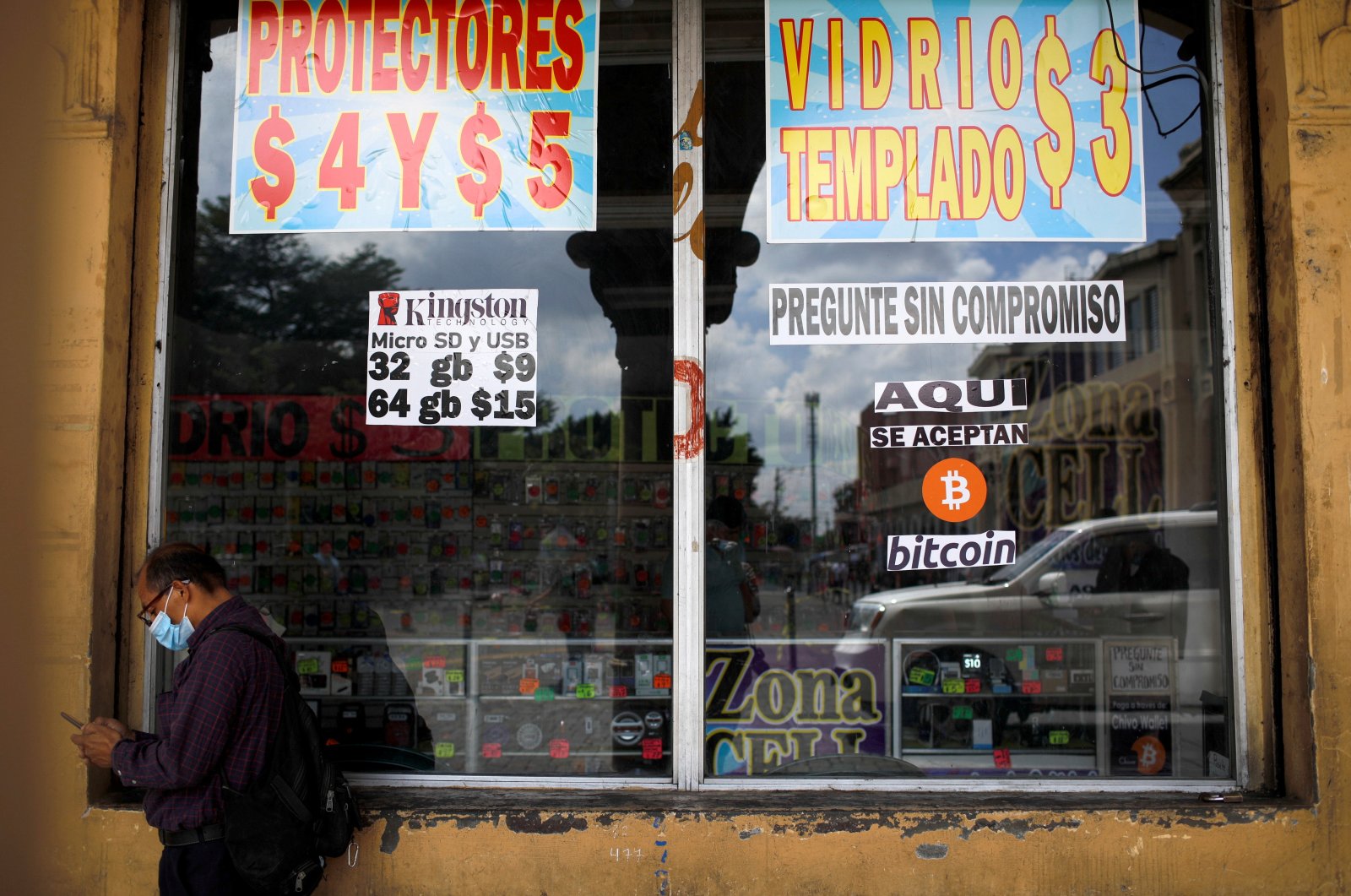Bitcoin Dominance Fades as Relevant Market Indicator in 2021

Since El Salvador became the first country to adopt bitcoin as legal tender last week, a growing number of El Salvadorans have tried out bitcoin. Migrants using the cryptocurrency send a few million dollars daily.
Only a small percentage of Central American businesses have made a Bitcoin payment. Additionally, technical issues have plagued the government’s cryptocurrency app, frustrating even the most committed users of the technology.
Adalberto Galvez (32-year-old construction worker) claimed he lost $220 trying to withdraw cash using the Chivo digital wallet.
As Galvez, dozens upon dozens of Salvadorans shared their concerns with Chivo. It was named after the local word meaning ‘good’, and they rarely used it daily.
Galvez said that he was unable to find any money from the bitcoin project. He had been using it successfully for several months and also used another application in a small-scale, experimental bitcoin economy project called Bitcoin Beach, located in El Zonte.
Galvez claimed that the funds were taken from his Bitcoin Beach wallet, but he was unable to withdraw the cash via Chivo. Galvez claimed that he never heard back from the company after he complained.
Others have reported problems with transactions or attempts to steal identities. President Nayib Bukele blames high demand for the problems Galvez and others have encountered.
Chivo and a spokesperson for the president could not be reached for comment.
Some measures have helped to make rapid adoption possible in the poor country where half of all families rely on remittances.
Bukele claims that Chivo has been downloaded by 3 million people, which is roughly half of the country’s total population. He stated that the wallet has 2.1 million active users in September.
The Salvadoran Foundation for Economic and Social Development reported that 12% of cryptocurrency users have used it in the first month.
Bukele tweeted Wednesday, “Since yesterday Salvadorans have been inserting more cash (to purchase #bitcoin) than they are withdrawing at the @chivowallet ATMs.” “This is quite surprising for this early stage of the game.
The foundation polled 233 companies from different sectors and found that 93% of them reported no bitcoin payments.
Leonor Selva, of the National Association of Private Enterprises, said that they are still uncertain about the benefits of the rollout.
Migrant money
The Bukele government hopes that Chivo will be able to send remittances to the 2.5 million Salvadorans who live in the United States.
There are currently 30 bitcoin ATMs that can send remittances in Atlanta, Chicago and Houston. Bukele estimates that around $2 million is being sent daily via Chivo.
Juan Moz, a former construction worker, has recently chosen Chivo to send his remittances back to his family. He claims that this decision saves him $18 over traditional money transfer services.
He said, “I’m definitely going back to use it,” in a telephone interview from San Francisco.
However, the majority of El Salvador’s $6 Billion annual remittances, which is about 25% of the country’s gross domestic products, still come via money transfers. Many are also wary of cryptocurrency’s volatility.
Last month, El Salvador bought 700 bitcoins. After Sept. 7, adoption, prices dropped sharply but then rose in September to $54,000 per coin.
Reuters received a number of people who said they downloaded the wallet and that they were given a $30 bonus by the government.
Alexander Diaz, who owns a restaurant that serves chicken wings, was one of the recipients.
Diaz stated that most people who received that bonus wanted to see how it could be used. Therefore, a number of clients paid him with bitcoin. He also said that around 20% of his customers use cryptocurrency.
Diaz stated that Chivo has been a boon for small business owners because it makes payment easier for customers.